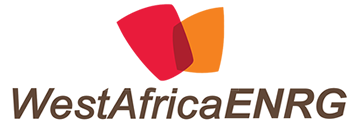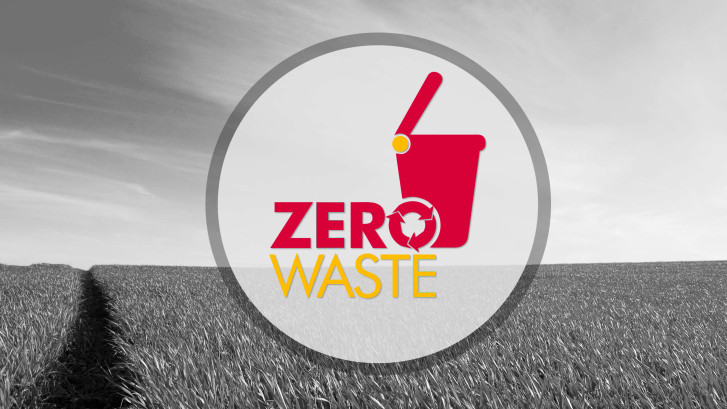Solous MRF1 has a clear and simple vision: a prosperous and inclusive future without waste. A future without waste and toxics is not just a dream, it’s a necessity. Waste reduces the effectiveness of our businesses, increases pressures on the natural environment and harms the vitality of our communities. It does not have to be this way; waste is the result of a broken process. The good news is that, we are working to fix this process in the local communities of developing economies where we work.
We are committed to achieving a Zero Waste status for Lagos by year 2020. We’re working tirelessly with communities, businesses, government and the environment sector to inspire everyone to embrace the opportunities in the green economy and green innovation. Keeping Lagos State at the forefront of waste, recycling and resource recovery management, this ambition underpins all of our work to create a Lagos that’s the hub for a circular economy
We achieve this by recovering all recyclables in the waste stream, converting the fines into organic compost, process the polyethylene into other products and use the left over for energy, both for households and as RDF’s (Refuse Derived Fuel) for machineries. Hence, nothing goes to the landfill.
Creating a low-carbon, resource efficient, resilient and socially inclusive economy that respects the diversity of ecosystems and increases social cohesion is one of the main challenges faced by developing economies today. The Zero Waste strategy is an essential pre-condition of this endeavour, as among other things it:
* helps close the material loop
* bring nutrients back to the soil
* provide thousands of extra jobs
* drive innovation in product design
* reduce Africa’s dependency on imports
* reduce the environmental impact associated with waste disposal
importantly, a circular economy has the potential to create many more jobs and enterprises to deal with the reuse and recycling of these finitely available material resources and is, almost of itself, a precondition for a sustainable habitat for humans on this planet.

